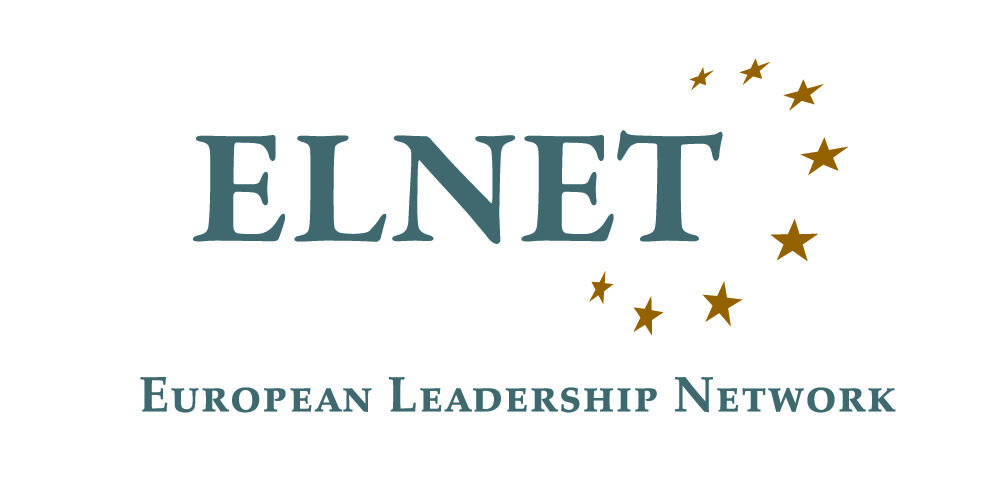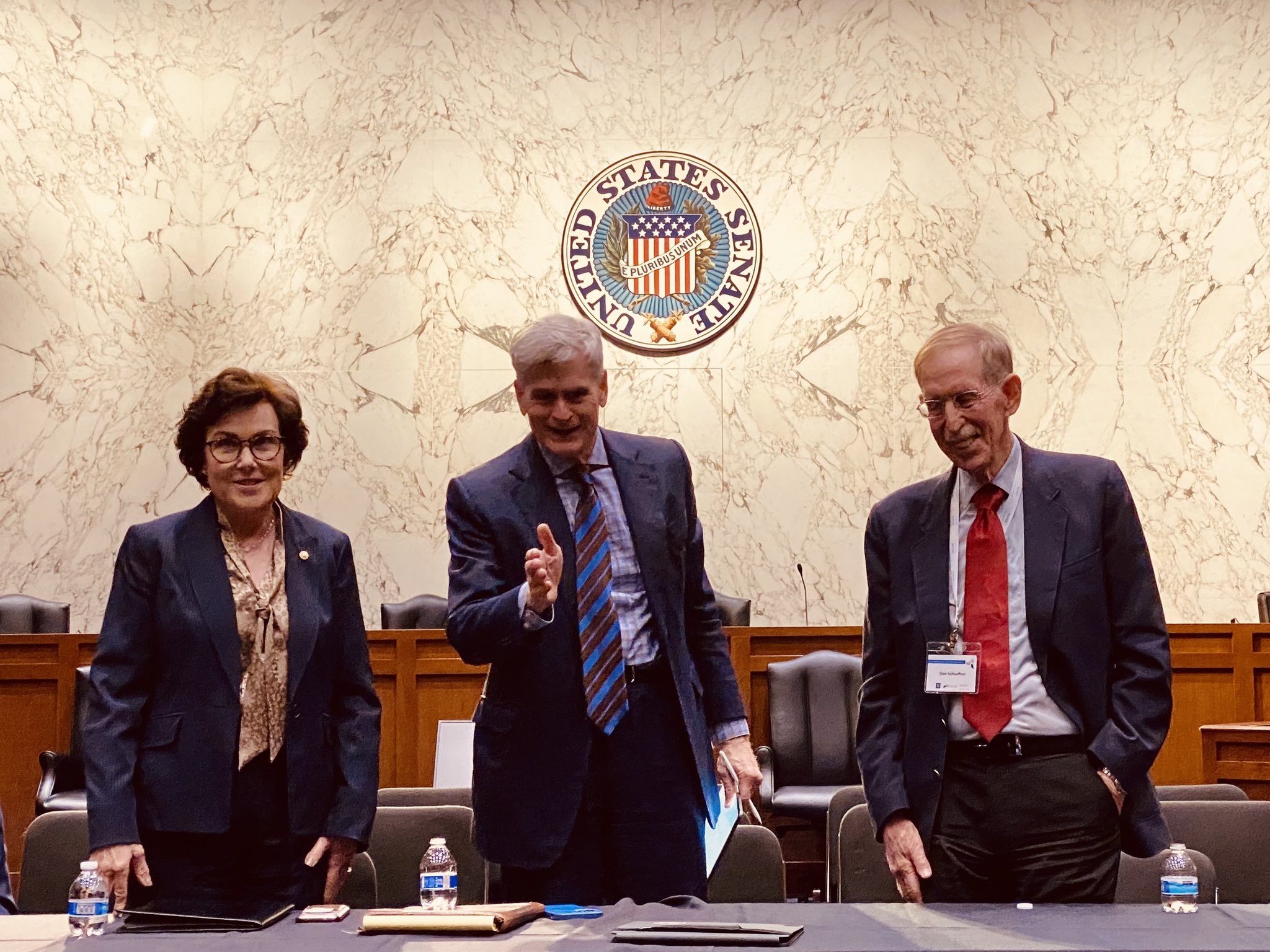The European Leadership Network (ELNET), ELNET’s Forum of Strategic Dialogue (FSD), and the Hudson Institute gathered senior policymakers and experts from the U.S., Europe and Israel. The dialogue addressed: the war in Ukraine and threats to Europe; how to approach China; how to prevent an Iranian nuclear breakout and how to counter Iranian aggression; building on the Abraham Accords; and antisemitism in Europe and the U.S. The discussions were conducted strictly under the Chatham House Rule.
Keynote speakers included Jonas Survila, Lithuanian Deputy Foreign Minister; Amb. Michael Herzog, Ambassador of Israel to the U.S.; and Rt. Hon. Dr. Liam Fox MP, Chair, UK Abraham Accords Group, UK Parliament; former Secretary of State for International Trade.
The dialogue was chaired by Maj. Gen. (ret.) Amos Yadlin, Chair, ELNET’s Forum of Strategic Dialogue; Senior Fellow, Harvard Kennedy School Belfer Center; former Head of Israel’s Military Intelligence; former Director, INSS. Participants included high-level officials from European and Israeli ministries of foreign affairs and armies, senior advisers, as well as former officials, experts, journalists, and civil society representatives from the U.S., Europe and Israel.
With the support of the Abraham Accords Peace Institute (AAPI), we organized a special reception on “Abraham Accords – the way forward,” which attracted over 40 participants, including from various European and Arab embassies in D.C. After the dialogue, we organized a meeting with Bill Cassidy, U.S. Senator for Louisiana, and Jacky Rosen, U.S. Senator for Nevada on “Strategic convergences in the U.S.-Europe-Israel triangle and cooperation” at the U.S. Senate and a dinner on “American politics” with top political analysts with Steve Rabinowitz, President & Co-Founder, Bluelight Strategies and Jon Lerner, Senior Fellow, Hudson Institute and Advisor to Nikki Haley. The following day we set up a lunch meeting with Amb. Dennis Ross, Counselor and William Davidson Distinguished Fellow, The Washington Institute for Near East Policy.
Below is a summary of the topics addressed:
The War in Ukraine and Europe vis-à-vis the New Threats
- The conflict, marking a major challenge to the international order, has reinvigorated NATO. However, differences between Western allies remain and the direction and outcome of the conflict are uncertain.
- Whilst for some, full support of Ukraine and Russian defeat is key to defending global freedom and international order, others seek to maintain dialogue with Putin and a negotiated settlement.
- Israel is pulled between close relations with the U.S. and its alignment with Western powers, on the one hand, and the sensitivity of its relations with Moscow due to Russia’s role in Syria and its concerns for Russia’s Jewish community, on the other.
How to Approach China
- The Ukraine war has underlined the West’s excessive dependencies, including on China.
- Whilst states cannot be made to choose between the U.S. and China, the U.S. needs to counter China by enabling others to reduce their dependencies, e.g., in technology and infrastructure.
- A conflict between China and Taiwan could dwarf the economic fallout of the conflict in Europe.
Preventing Iranian nuclear breakout and countering its aggression
- Iran now has the technology and materials to produce the fuel for nuclear weapons, which would be a geostrategic catastrophe for the world, not just the Middle East.
- With negotiations stalled there is a lack of a “Plan B.” There was disagreement regarding renewing the JCPOA. Some called for a unified U.S. and EU-led pressure campaign including snapback sanctions, military containment of Iran and its proxies, and credible military options against the nuclear program.
Antisemitism in European and American publics and politics
- Antisemitism is rising on the right and the left in North America and Europe, prompting calls for more robust monitoring and education, including education for parliamentarians.
- There are calls for Republicans to take a stand against Trump, especially following his hosting of antisemite Ye (formerly known as Kanye West) and Holocaust denier Nick Fuentes, taking the lead of MPs who quit the UK Labour party in protest against Corbyn.
- For Israel there is a dilemma about how to relate to antisemitic foreign leaders. There are also fears that Jew-haters will exploit the illiberalism of some members of the incoming Israeli government.
Abraham Accords – the Way Forward
- Through partnership with Israel, Arab states have improved capacity to tackle challenges in water and food production, as well as in the security field.
- For the U.S. and Europe, the Accords are an asset in the struggle to attract allies in the context of great power competition, and the regional alliance needs to be widened to include Saudi Arabia.
- Economic progress resulting from the Accords has exceeded expectations and Middle East economic integration has significant potential for Europe in terms of energy and trade. Yet people to people links should also be promoted.
- An open question remains how to make the Palestinians beneficiaries of the Abraham Accords, which is made more difficult by their rejection of the Accords themselves.
- The character of parts of Netanyahu’s incoming coalition is a threat to the Accords, with Jerusalem’s holy sites particularly sensitive.
Conclusions and Recommendations
✓ A key challenge for NATO allies is to maintain a united front as the Ukraine conflict drags on with uncertain prospects, and Israel must beware of being cast as out of step with its Western allies.
✓ Whilst China will remain a major trade partner, Western states must work together to reduce their collective dependency on China for technology, infrastructure and key resources and investments, and step up in the technological race.
✓ As Iran approaches breakout capacity, and chances of a renewed JCPOA appear ever more remote, a coordinated plan B is urgently required, including economic pressure and credible military options.
✓ There is an urgent need for more education and dissemination of expertise regarding antisemitism, including among parliamentarians across the political spectrum, and improved data collection. Politicians and their supporters must speak out against antisemitism within their own political camps. In the U.S., Republicans must be bolder in challenging Trump over his association with antisemites, while Democrats must stand up to antisemites on the far left. Israel must consider the consequences for diaspora Jews of its relations with antisemitic leaders around the world.
✓ The economic progress following the Abraham Accords should be strengthened and accompanied by a wider strategic alliance and more people-to-people links. Meanwhile, the incoming Israeli government must take care not to endanger Israel’s regional alliances.
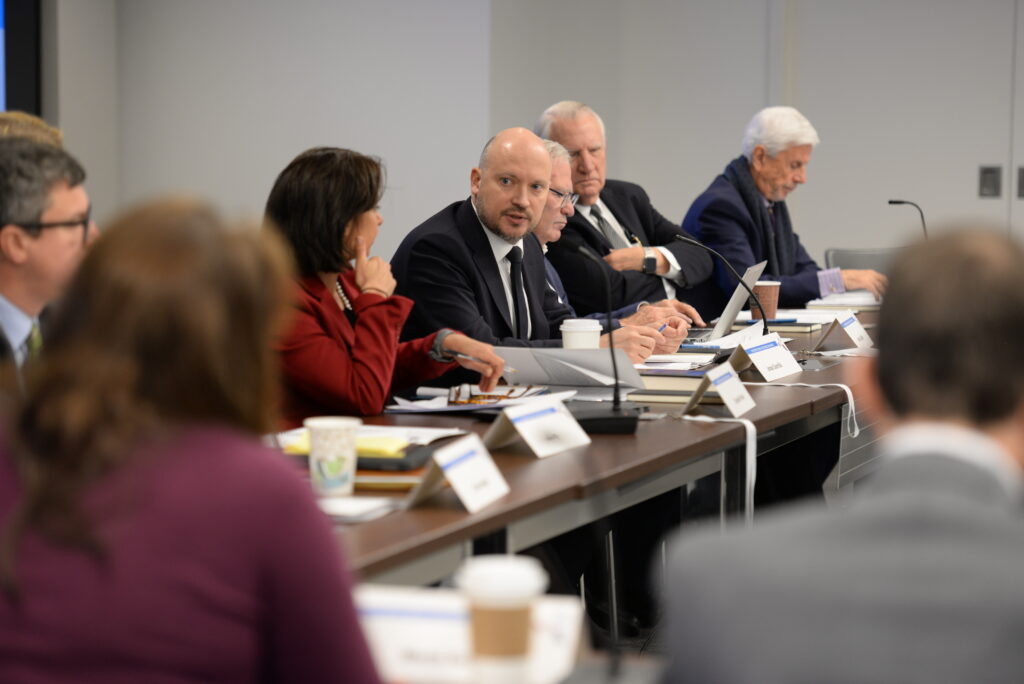
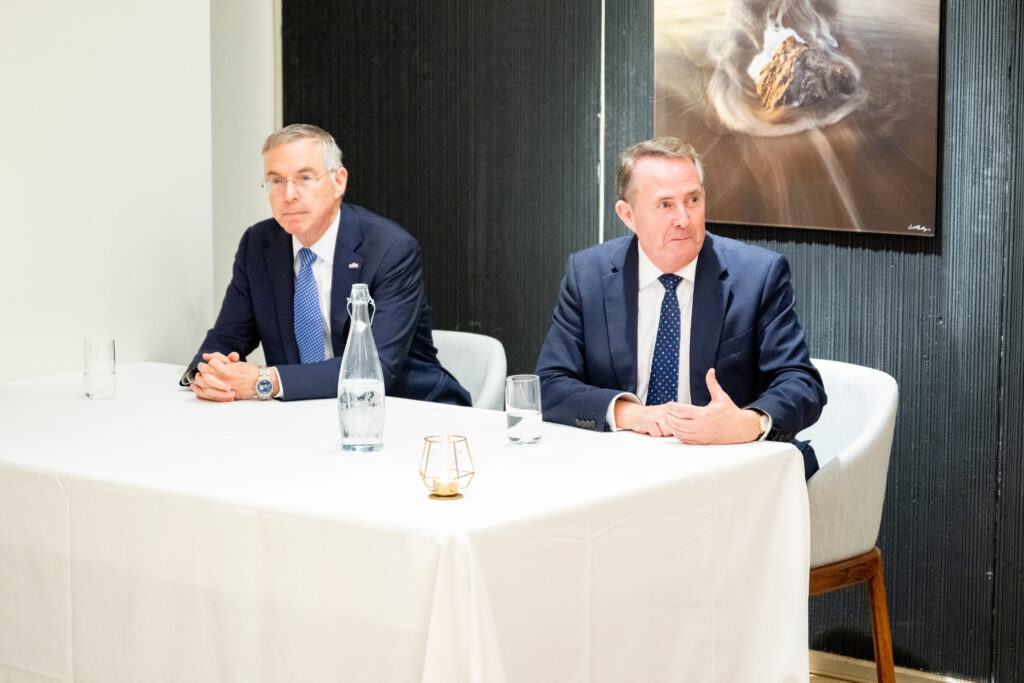
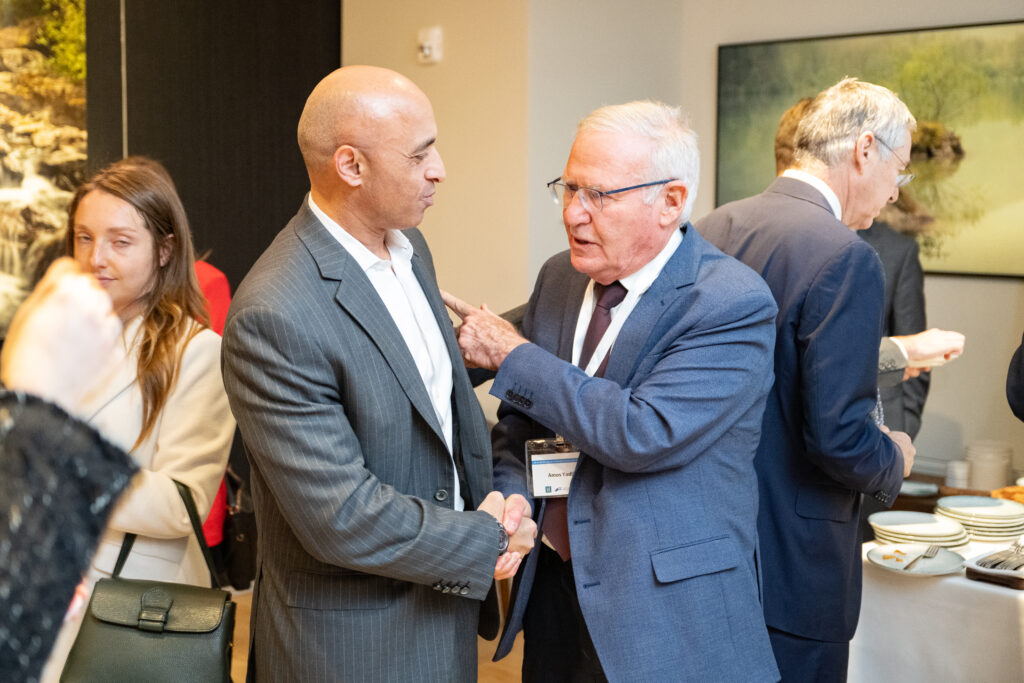
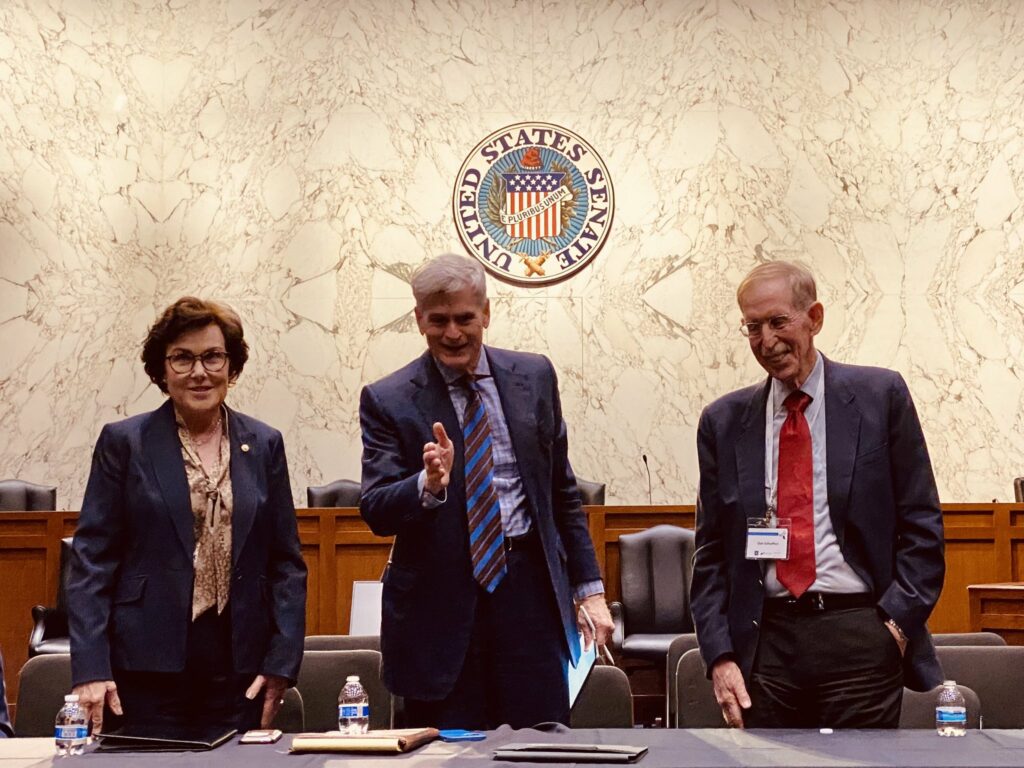
Strategic Dialogues offer the opportunity for parliamentarians, opinion formers and academics to engage and share knowledge on some of the most important challenges facing Europe and Israel and indeed globally. Discussions are of great value, candid and held under Chatham House rules.
